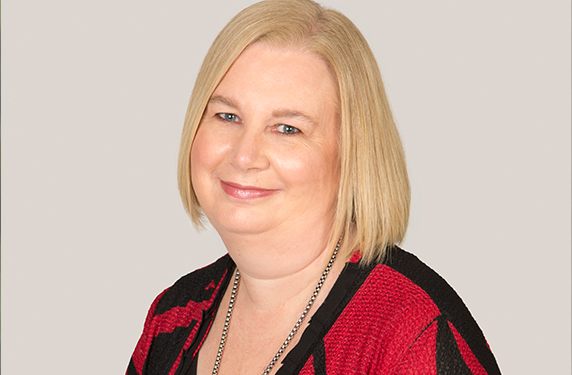Researchers at The University of Western Australia have been awarded more than $13 million in Federal funding for 28 research projects ranging from a project to save seagrass from climate change to developing intelligent virtual human companions and exploring the social practices of oral health in Australian preschool children.
The projects, announced by Federal Minister for Education Dan Tehan, are funded under the Australian Research Council (ARC) Discovery Project scheme.
The scheme aims to expand the knowledge base and research capacity in Australia and support research that will provide economic, commercial, environmental or social benefits to Australians.
Professor Linda Slack-Smith, and her international team from UWA’s School of Population and Global Health, received $660,000 over three years to explore the social practices of oral health in Australian preschoolers.
The team hopes to identify practices that promote or undermine children’s oral health and can inform policy directions and practices to improve health outcomes.
“We intend to move away from focusing on individuals and individual behaviour to identify and map social practices, including the actions, materials and meanings families attribute to child’s oral health,” Professor Slack-Smith said.
This offers a new approach to problems such as oral health where extensive effort has not reduced morbidity and cost despite rhetoric that oral health is preventable.”
Professor Slack-Smith
Professor Gary Kendrick and his team, from UWA’s School of Biological Sciences and the UWA Oceans Institute, received $517,000 over three years for a project that tests whether seagrass ecosystems can be safeguarded from the impacts of climate change by enhancing gene flow among seagrass populations.
Professor Kendrick said the project would provide new knowledge on how seagrass meadows can adapt and survive in the right location.
“We will use genetic rescue approaches to enhance the connectivity in the range edge seagrass meadows of the UNESCO World Heritage Site of Shark Bay, which was significantly impacted by a marine heat wave in 2010 and 2011,” Professor Kendrick said.
“This could improve the long-term resilience of this economically and culturally significant ecosystem and inform conservation management and restoration practices.”
Professor Mohammed Bennamoun and his team, from UWA’s School of Computer Science and Software Engineering, were awarded $745,669 over three years to create intelligent virtual human companions that can participate in the physical environment and understand their surroundings.
“By leveraging recent advances in mixed and augmented reality technologies with artificial intelligence and computer vision, this technology will have the ability to read people’s emotions, behaviours, actions and interactions,” Professor Bennamoun said.
“Unlike robots, it will be low cost, with no physical limitations or maintenance requirements, readily deployable and customisable with a wide range of applications from elderly care, healthcare care to educational training.”
Media references
Anna-lee Harry (UWA Media and PR Adviser), 08 6488 7975

